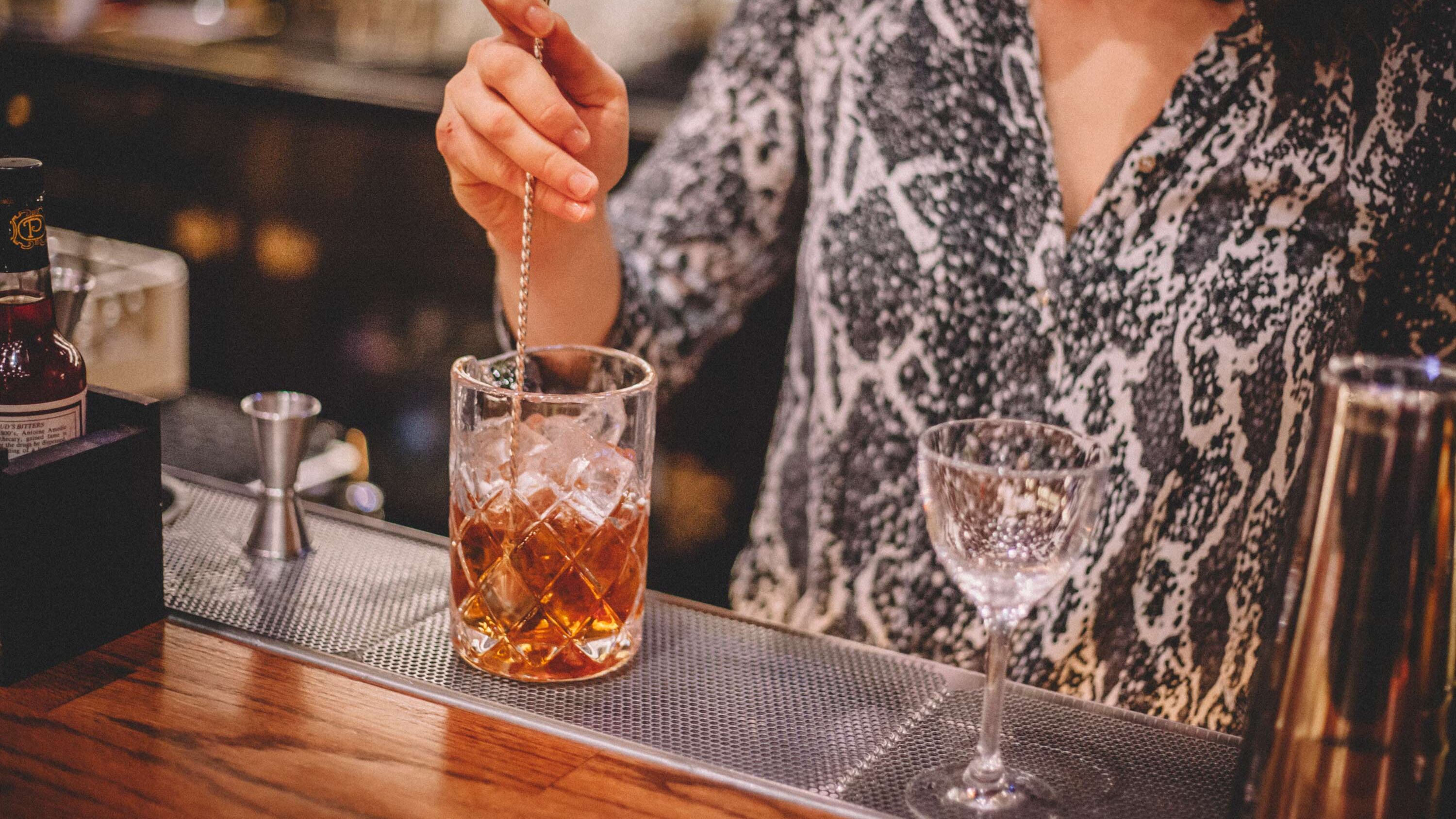Bill of the week: House Bill 2976
Although national surveys have found Oregon suffers from one of the highest rates of alcohol use disorder in the U.S., the state’s homegrown beer, wine and spirits producers enjoy strong support in the Legislature.
Oregon is conflicted about alcohol: The state’s monopoly on hard liquor sales means state and local governments have an incentive to maximize sales. Meanwhile, the Oregon Health Authority says alcohol abuse is the state’s third-leading cause of preventable death and costs Oregonians nearly $5 billion annually for health care and lost productivity.
The latest test case: a bill that would let the state’s booming liquor distillers divert tax money to promote their industry.
CHIEF SPONSORS: State Reps. Rob Nosse (D-Portland) and Lily Morgan (R-Grants Pass) and Sens. Kathleen Taylor (D-Portland) and Lynn Findley (R-Vale)
WHAT IT WOULD DO: Establish the Oregon Spirits Board, which would promote hard liquor distilled in Oregon, with a view to selling more product in other states and overseas.
The distillers would like to piggy-back on an existing tax. Since 2009, the Oregon Liquor and Cannabis Commission has collected a 50-cent-per-bottle surcharge on every bottle of liquor sold in the state. The Distillers Guild proposes to divert the surcharges from bottles distilled in Oregon—not elsewhere—and devote that money to promoting the state’s booze industry. That money, initially about $2.5 million a year, currently goes to state and local governments.
PROBLEM IT SEEKS TO SOLVE: The Oregon Distillers Guild would like to emulate the success of the state’s wine industry in finding markets outside Oregon. “It’s going to help a growing sector in our state be more successful,” Rep. Nosse told the House Committee on Economic Development and Small Business on March 2. “And it jibes well with this Garden of Eden that we live in in this part of the world.”
The Oregon Wine Board is different, however: The industry primarily pays for its association through a tax on grapes (though it also gets a small slice of tax money). In his description of why the bill is a good idea, Nosse also inadvertently presented an argument against it. He noted that Oregon now has 100 distilleries—more than Kentucky—up from just 14 in 2009. That suggests the industry is growing rapidly without the proposed taxpayer subsidy.
WHO SUPPORTS IT: The bill enjoys bipartisan backing in both chambers from lawmakers in both rural and urban parts of the state. The Oregon Distillers Guild proposed the bill, and Oregon Farm Bureau (whose members sell grain to distillers), Travel Oregon, and the American Craft Spirits Association testified in favor of the bill.
WHO OPPOSES IT: The Oregon Society of Addiction Medicine, the Oregon Alcohol Policy Alliance, and the advocacy group Oregon Recovers. All three testified that Oregon already suffers enormously from alcohol abuse without using state money to promote more drinking.
“HB 2976 is another effort by the alcohol industry to get Oregon taxpayers to subsidize its operations,” Oregon Recovers executive director Mike Marshall tells WW. “Alcohol is a toxic, addictive carcinogen that kills over 2,500 Oregonians each year. Using taxpayer money to promote harmful alcohol consumption is terrible public policy and in no one’s interest except for the handful of white guys who own these boutique distilleries.”
The bill remains in committee.

